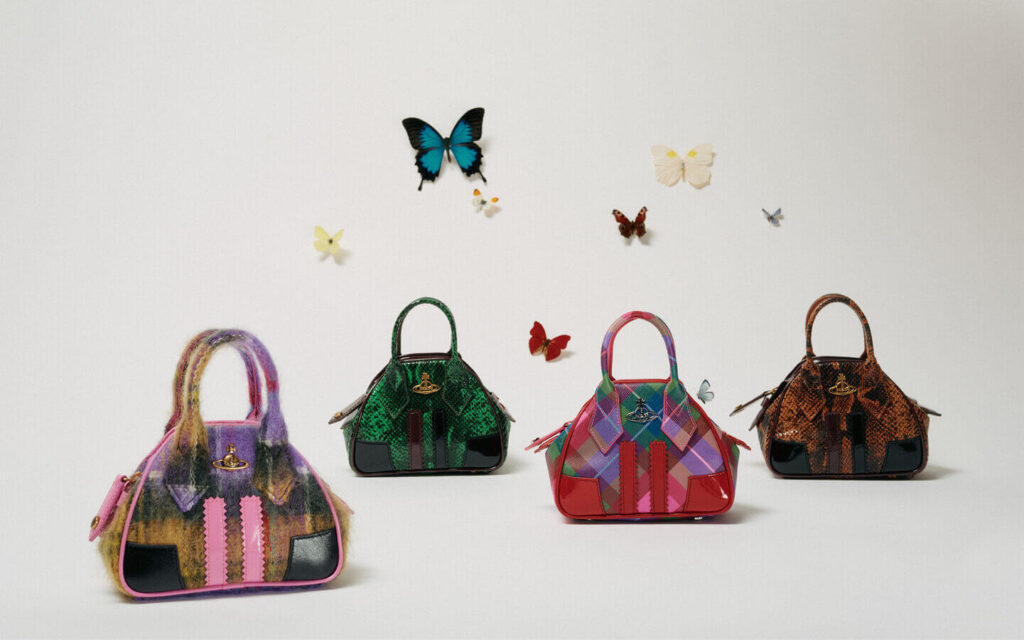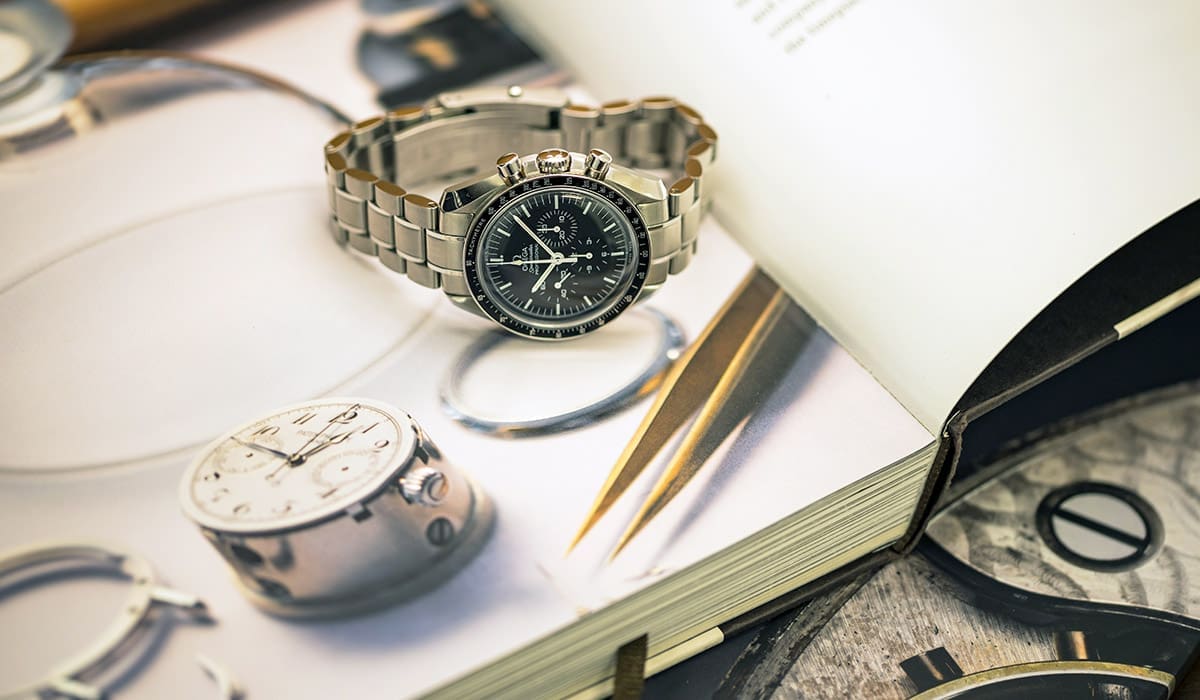The Week
Cuba’s new leaders won’t have ‘historical legacy’ as a shield in post-Castro world, scholar says
For the first time in 60 years, Cuba will soon be without a Castro in a formal, day-to-day leadership position. Raúl Castro, the younger brother of the late Fidel Castro, confirmed Friday that he’s stepping down from his role as the leader of the country’s Communist Party, with President Miguel Diaz-Canel expected to take on double duties, as the Castro brothers did before him. The younger Castro, who is 90, is poised to remain an influential figure on the island, but he likely won’t interfere with daily governance, The New York Times notes. That means a new era is on the horizon, as Cuba faces challenges from both the coronavirus and a struggling economy. The next generation of leadership could allow for more free-market activity, a path that’s not completely new for Cuba; Raúl, who is considered more pragmatic than his brother, began the process of implementing some reforms following Fidel’s death in 2011, but it’s been a slow grind. There’s no guarantee a new regime will change that — Richard Feinberg, a professor at the University of California, San Diego, told Al Jazeera that he thinks it’s the “worst possible moment” for reforms because the government has “no money.” That said, urgency may rule the day in a post-Castro world. Arturo Lopez-Levy, the author of Raul Castro and the New Cuba: A Close-Up View of Change and an assistant professor at Holy Names University, told Al Jazeera that, unlike the brothers, their successors will have to “rely on performance — not on historical legacy — to exercise power and as a source of legitimacy.” Read more at The New York Times and Al Jazeera. More stories from theweek.comYou should start a keyhole gardenThe question that will decide the Chauvin case5 colossally funny cartoons about Biden’s infrastructure plan





More Stories
Victims, gunman, and ‘good Samaritan’ who ended massacre ID’d in Indiana mall shooting
Armed citizen at Greenwood mall hailed as hero who saved lives – WISH-TV | Indianapolis News | Indiana Weather
Indiana mall shooting: Live updates